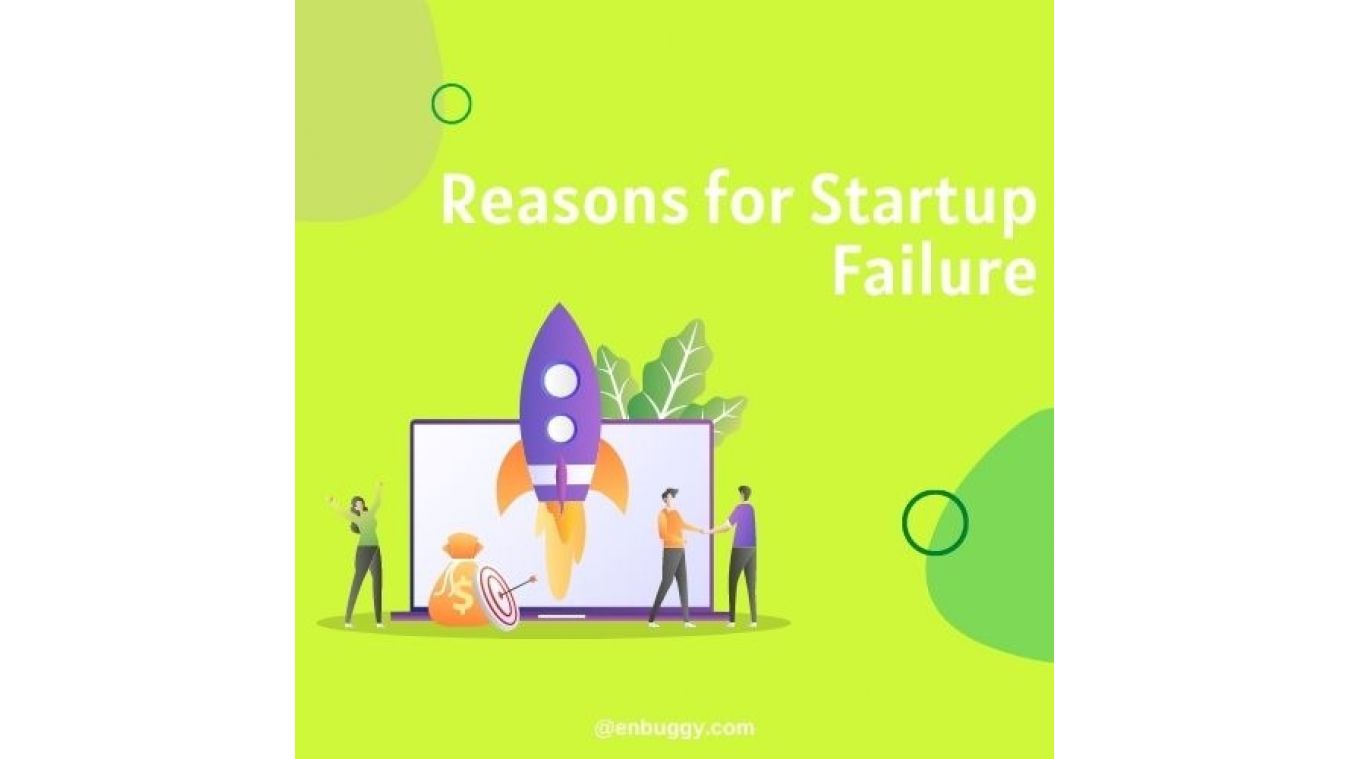
Reasons why startups fail
The statistic that 90 percent of startups fail during the first 120 days is widely accepted. But why might a newly established e-commerce business experience such quick failure?
Despite everything, many e-commerce businesses won't make it past their first year of operation. How come, though? The top 10 reasons why ecommerce firms fail were determined after an analysis of survey data from 1,253 owners of failed startups in the UK by the digital marketing consultancy marketing signals.
Poor Online Marketing
Poor web marketing seems to be the main cause. Another element is a lack of visibility in search results. Of the organizations surveyed, 37% claimed that their failure might be attributable to a lack of competence to deliver online marketing or compete with it. And for 35% of those who failed, it was because their firm wasn't sufficiently visible online. Having a good and impressive marketing team is very important for a startup’s initial as well as long-term growth.
Running low on funds
Similar numbers of respondents claimed that their internet business failed due to little to no demand for the goods or services they attempted to sell. And for 32% of respondents, cash flow problems were a major factor in their business failing. Startups may need to build attractive models of their business so that they could gain the interest of different investors who keep looking for equity in many startups.
Price and costing issues
The primary determinant of a potential customer's choice to acquire a good or service is its pricing. Price can be a deal-breaker in the cutthroat world of e-commerce, where customers have more options than ever before. Prior to selecting which price approach will be most effective for your online store, you must test out a few different options. Are you going to set your rates based on the costs of production? What about consumer value or market forces?
Pricing strategies aren't only about making money. It also depends on how you want to be viewed by customers: as a premium brand, a budget retailer, or something in between? All business models may be accommodated by e-commerce pricing techniques, and you can even mix a few of them to broaden your appeal.
Not realizing target audience
The surge of irrelevant visitors on online businesses' websites is one of their main worries. There is no doubt that many organizations have increased traffic to their platforms, if only for a little period of time, thanks to the newest technologies and strategies. However, the conversion rate from such input is typically almost nonexistent.
Your company tactics might benefit in many ways from defining your target market for an online store. Your marketing effort that was previously expended on reaching a larger but less interested audience is conserved. As a result, if you know what your target market wants, you may make the same amount of money with fewer resources.
The e-commerce industry's audience operates differently from the general public. Customers and merchants don't interact the same way they would in a physical store. As a result, opinions about a person's behavior and personality change practically every time they interact.
Consider that you run an online sportswear business. Now, it's critical that you comprehend the way of life and behavior of those who regularly follow sports. If you are a supporter of what you are selling, it will be simpler. As you already know what, how, and when your target buyer wants your goods, this act eliminates the need for conducting basic research.

Comments